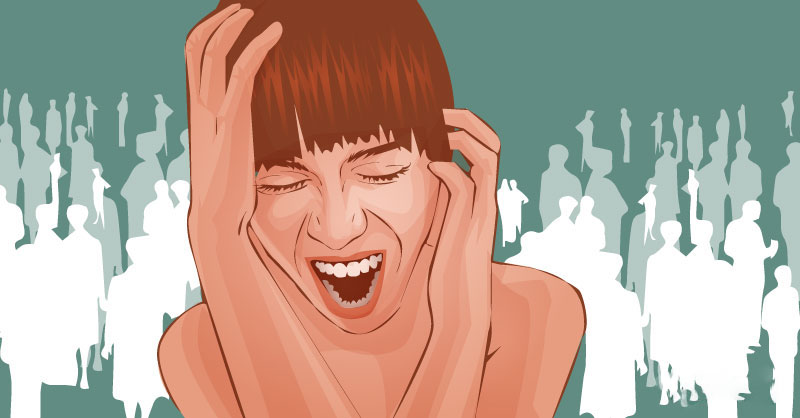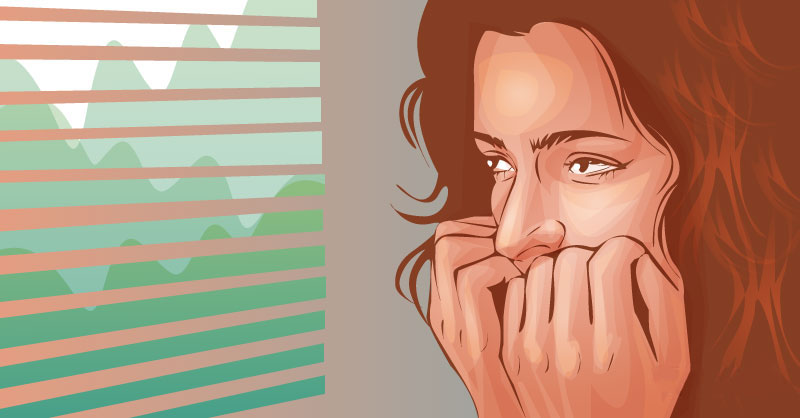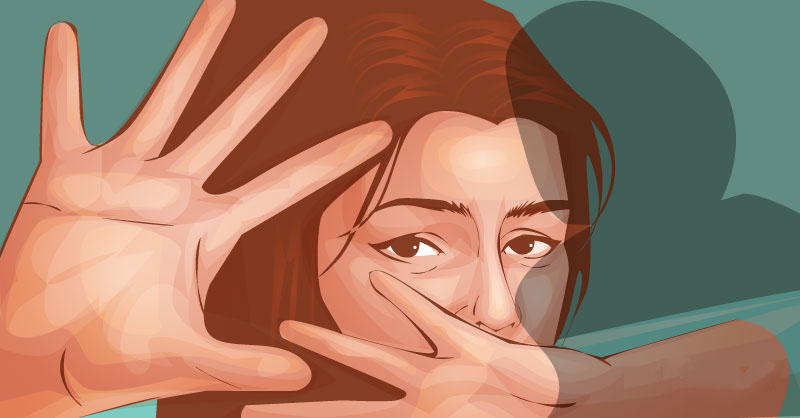What is agoraphobia?
Agoraphobia is one of the most commonly occurring phobias. Its name came from Greek: “agora” means “place of assembly” or “marketplace” in English, and “phobia”, as most people know, is translated as “fear”.
Agoraphobia is an anxiety disorder characterized by an intense fear and avoidance of open or crowded places as well as any places and situations from which it is difficult to escape. It’s hard to establish how many people have agoraphobia because it’s often unreported, but it’s estimated that 1% to 7% of the population may have the disorder.

Agoraphobia can co-occur with other mental disorders, including panic disorder, generalized anxiety disorder, social anxiety disorder, and posttraumatic stress disorder.
Agoraphobia can have a significant negative impact on the person’s personal, social, and professional life. But the disorder can be treated with psychotherapy and medications, and most patients feel better with treatment.
What are the symptoms of agoraphobia?
Signs and symptoms of agoraphobia include:
- fear of leaving home alone;
- fear of crowds and waiting in line;
- fear of public transport, enclosed spaces (such as shops and cinemas), and open spaces (such as parking lots or malls);
- extreme distress if you do end up in places or situations listed above;
- physical symptoms, that include increased heart rate, sweating, trembling, shortness of breath, chest pain, nausea and/or diarrhea, weakness, and light-headedness.
Agoraphobia can significantly reduce your quality of life. If you or your loved one has symptoms of agoraphobia, don’t hesitate to go to the doctor.
What are the risk factors for developing agoraphobia?
As with many other mental disorders, the exact cause of agoraphobia isn’t clear, but there are factors that are thought to raise the risk of developing the condition.

They include:
- having a family member with agoraphobia;
- having other mental disorder, such as panic disorder;
- having anxious or nervous temperament;
- stressful life events, such as death of a loved one, being attacked, and abuse.
How is agoraphobia treated?
There are different approaches to treatment of agoraphobia. Many patients benefit from cognitive behavioral therapy and exposure therapy. Medications used to treat symptoms of agoraphobia include antidepressants (such as SSRIs) and benzodiazepines (a class of sedative drugs).

Agoraphobia is unlikely to go away without treatment. If left untreated, it can get so severe that the individual will stop leaving home altogether. But if the disorder is addressed in a timely manner, most patients are able to get back to their normal lives.





